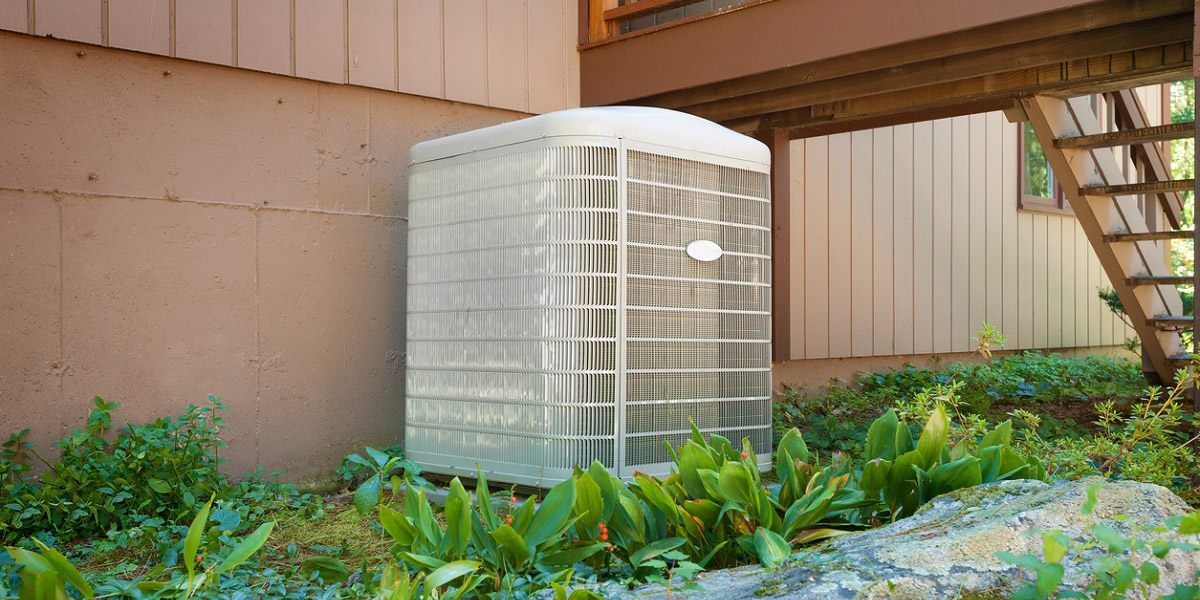Installing an air conditioning unit on the roof can have several powerful advantages over a ground air conditioning unit. From the quality of air an AC circulates to the energy costs involved in each case to space-saving techniques, both types of HVAC systems are unique. A rooftop air conditioner can have several more benefits than a ground unit. But it is not perfect.

Here’s what that means in deeper detail before you can install a rooftop air conditioner.
Advantages of Rooftop air conditioners
Here are six powerful benefits of RTU air conditioners.
Offers Better-Quality Air
Ground-level air is not the cleanest or most efficient for both humans and operations. It can have debris, dust, be too humid, or have different smells. Rooftop-level air is generally less polluted.
You want to offer only the most conducive air quality to your building’s occupants for optimal productivity, health, and occupancy.
They are More Efficient All-in-Ones
Rooftop units can lower your cooling needs’ energy costs. They use simple logic: cool air is denser than warm or hot air.
The denser cool air takes less energy to pump down from a rooftop than to pump up from ground-level as a ground air conditioning unit has to do. Installing an HVAC system on the roof also makes it dissipate natural-rising hot air, saving you more energy bills either way.
Since most commercial and residential buildings’ roofs are open to few people, equipment, animals, water pools, or moving vehicles compared to ground-level units, installing an air conditioning unit up there easily translates to fewer interruptions to maintaining a conducive environment within the building.
Packaged Rooftop Air Conditioning Units Save Space
Roofs are barely utilized in most buildings. But installing an air conditioning unit on the roof instead of on the ground will set free more room to do with it as you see fit. If you are a manufacturer, warehouse operator, or even live in an apartment, extra space is always welcome.
Pre-Installation Saves you Money, Time and Inconvenience
Manufacturers put together an all-in-one HVAC system that can be whisked to the roof in one swoop. No need to call, vet, and hire multiple HVAC technicians to put the system together. That’s already done by the manufacturer.
You may still need to call a professional cooling and heating systems service to help you prepare the rails where your system will be based. But some manufacturers work directly with the best heating and cooling technicians to save you the hassle.
Are More secure Than Ground Air Conditioning Units
Air conditioning chandlers are the least susceptible to theft compared to a window- and ground-based air conditioning units. With little to access them, a unit on the roof is also less likely to be vandalized.
When well installed, rooftop air conditioning systems not only withstand different weather conditions but also take advantage of the elements to save energy costs (like discussed above).
Rooftop AC Units are Easier to Maintain, too
A rooftop AC unit comes as an all-in-one unit—both heating and cooling components. On the other hand, ground-based ACs typically come with separate indoor and outdoor units. It then becomes easier for technicians to carry out maintenance work in one place than in multiple touchpoints.
The compactness of a roof-based AC can also prevent costly interruptions to ongoing activities within the building. It is faster to maintain and repair in one spot than looking around for the issues in split indoor and outdoor components.
Disadvantages of Rooftop air conditioners
What do you need to be concerned about installing an air conditioner on the roof?
Typically Cost More
Due to their all-in-one compactness, efficiency, and convenient packaging, rooftop AC units tend to cost more upfront than their ground counterparts. Laying rooftop rails, depending on how easily accessible and easy to work on your roof is, can also cost more.
You may even need to hire a crane to access the rooftop for installations, maintenance, and replacement.
Like all compact machines, you’ll need to ensure you regularly maintain the rooftop unit, which can add up lifetime costs. A problem may require more time to locate due to the all-in-one components, too.
Probably a Bit of a Hassle for You
Not all roofs were initially made to support a heating and cooling system. All-in-one rooftop air conditioners can be too weighty for certain roofs. You’ll want to first consult with your landlord on whether they allow rooftop air conditioner installations.
With privy knowledge to these rooftop air conditioner advantages and disadvantages in your fingertips, you can make an informed decision on whether to go for one or pass it up for a ground air conditioner. Over to you.